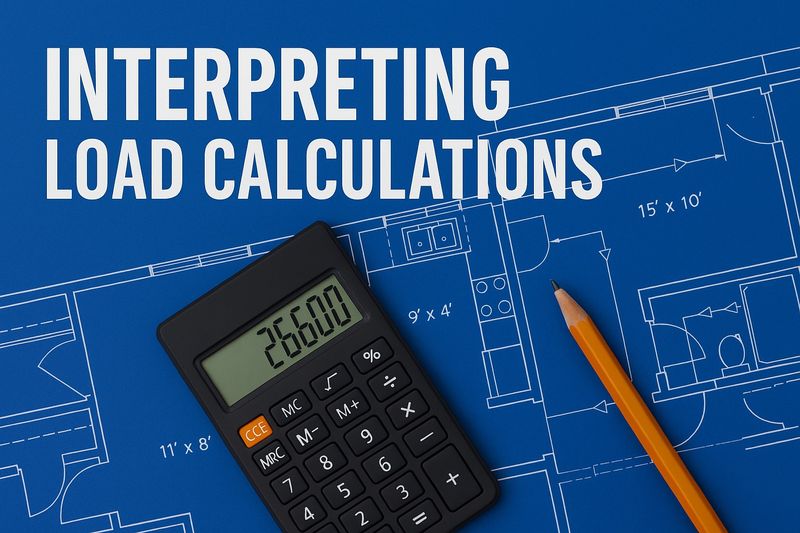
Accurate HVAC heating and cooling load calculations are foundational to efficient system design. However, the true value lies not just in obtaining precise numbers—but in knowing how to interpret and apply them effectively. Engineers must translate these results into actionable insights that optimize energy consumption and justify system choices to building owners and architects.
Misinterpretations can lead to oversized systems, wasted energy, and unnecessary costs. On the other hand, precise calculations—if well understood—allow for cost-effective, sustainable, and performance-driven HVAC designs.
Heating and cooling load calculations determine the amount of energy a building requires to maintain comfort conditions. However, raw numbers mean little unless engineers analyze and apply them strategically. Incorrect assumptions—such as overestimating internal heat gains or failing to account for seasonal variations—can lead to oversized equipment, increasing upfront costs and long-term energy consumption.
Once engineers calculate the required heating and cooling loads, they must ensure proper system selection and operational strategies:
Mechanical engineers must convey load calculation results to building owners and architects, who may lack the technical expertise on the topic of energy that an engineer would have. The key is to simplify complexity and focus on decision-making insights.
Engineers should interpret load calculations not just as numbers, but as a narrative that aligns with the client’s goals:
The ability to correctly interpret HVAC heating and cooling load calculations is just as critical as performing the calculations themselves. Engineers must translate these figures into strategies that optimize energy use, improve system efficiency, and facilitate effective discussions with building stakeholders.
By focusing on load interpretation, professionals can move beyond numbers and create smarter, more sustainable, and cost-effective HVAC solutions—strengthening trust with clients while pushing the industry toward greater efficiency.